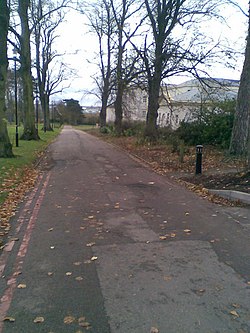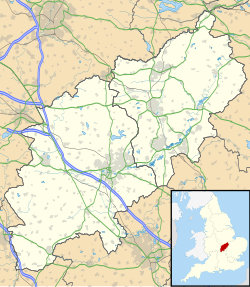Dispatches exposure
In 2017, Channel 4 Dispatches aired Under Lock and Key, [5] which highlighted that people with learning disabilities and autism were being kept in secure hospitals, in concerning conditions. The show detailed the experiences of several former patients at St Andrew's Hospital. Concerns included the use of restraint, seclusion and frequent sedation, with one patient remaining mostly in segregation for 22 months, in a room with minimal natural light. It was also revealed that four patients had died on one ward between October 2010 and May 2011 and that all had been prescribed Clozapine. [6] Information that highlighted the role of the use of Clozapine in the deaths of these patients was not shared with the coroner at the initial inquest into one of the deaths. [7] After the programme's broadcast, St Andrew's issued a statement refuting the allegations that appeared in the programme. [8]
Walsall Council legal action
In 2018, the father of a girl who has autism and anxiety won a court case against Walsall Council, who had sought to prevent him from publicising details of the conditions his daughter was being detained under, in St Andrew's Hospital. His daughter was being kept in a 12 ft by 10 ft room, with a mattress and chair, with family members being forced to communicate with her via a hole in the metal door, which she was also being fed through. An earlier assessment had concluded that "the current setting is not able to satisfactorily meet her individual care needs" and a recommendation was made suggesting she be moved to a residential setting in the community with high support, but she continued to remain in the conditions, whilst her father was forced to defend legal action taken by Walsall Council to stop him publicly discussing his daughter and the conditions she was being detained under, at St Andrew's Hospital. [11]
St Andrew's Chief Executive, Katie Fisher, has spoken publicly about the challenges the hospital faces when discharging patients, as there is a lack of suitable community places for people to move on to. In May 2019, Fisher told the BBC that the organisation "has up to 50 patients stuck in secure units". [12]


